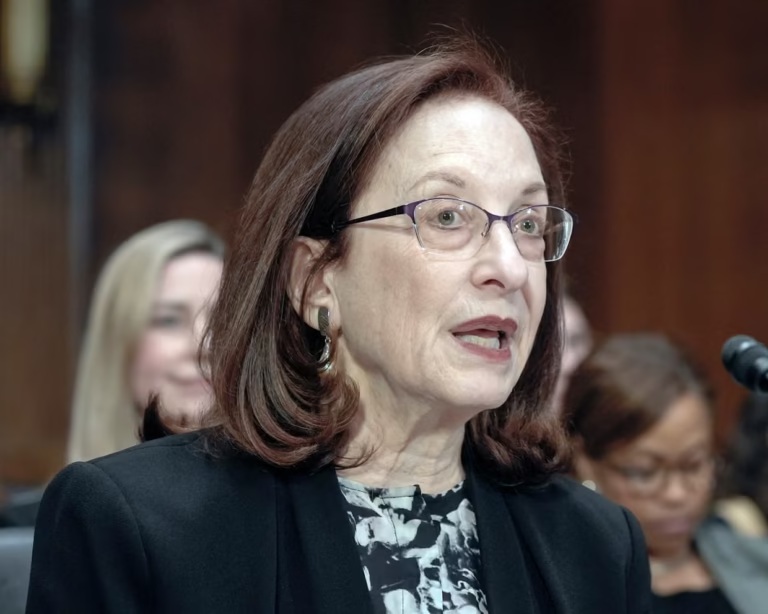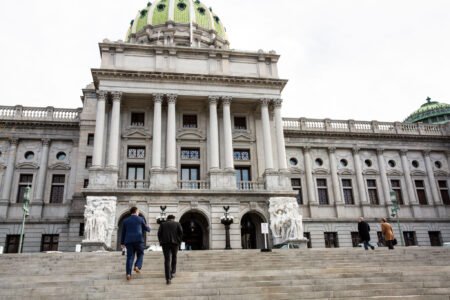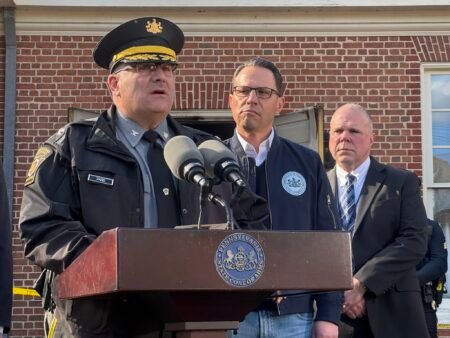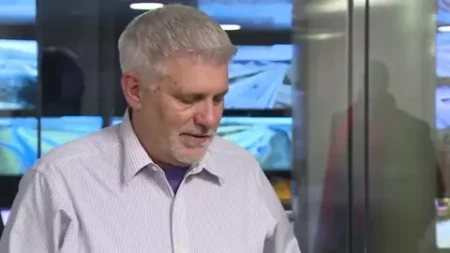The Trump administration has asked the U.S. Supreme Court to overturn a lower court ruling that blocked the firing of Shira Perlmutter, director of the U.S. Copyright Office. The appeal comes after months of legal back-and-forth over whether the president can dismiss a top official who operates within the Library of Congress.
The emergency appeal, filed by Solicitor General D. John Sauer, follows a Washington appeals court decision that barred the White House from unilaterally removing Perlmutter. The full District of Columbia Circuit Court of Appeals also declined to reconsider that ruling earlier this month.
Perlmutter, who has served as the register of copyrights since October 2020, was informed in May that her employment had been terminated “effective immediately.” Her office said the notice came by email from the White House. According to her legal team, the decision stemmed from Trump’s dissatisfaction with her advice to Congress on a report concerning artificial intelligence and copyright policy.
The dispute has broader implications for executive authority. Trump’s administration has frequently challenged legal limits on presidential control over agency officials. The Supreme Court has previously sided with Trump on similar cases involving the dismissal of federal agency heads, but this situation is different because the Copyright Office is part of the legislative branch rather than the executive.
Sauer’s filing argues that despite being housed under the Library of Congress, the register “wields executive power” in regulating and enforcing copyright law. He contends that the position functions in ways similar to other executive-branch agencies, giving the president removal authority.
Perlmutter’s attorneys counter that she operates independently under congressional oversight and that her dismissal represents an intrusion by the executive branch into legislative operations. They stress that her role includes advising Congress, not carrying out executive policy.
A three-judge panel of the appeals court previously sided with Perlmutter, allowing her to remain in her position while the case proceeds. Judge Florence Pan, writing for the majority, said the president’s move “appears to violate the separation of powers” because it interferes with a legislative-branch official’s duties. Judge J. Michelle Childs agreed with the opinion. Both were appointed by President Joe Biden.
Judge Justin Walker, a Trump appointee, dissented, arguing that Perlmutter exercises “executive power in a host of ways” and should therefore be subject to presidential removal.
The conflict over Perlmutter’s position is part of a broader effort by the Trump administration to install loyalists in key roles across the federal government. Critics say these moves blur the constitutional boundaries between branches of government, while supporters argue they restore presidential accountability.
Perlmutter, a respected copyright expert, was appointed by then-Librarian of Congress Carla Hayden in 2020. Trump later removed Hayden from her post, replacing her with Deputy Attorney General Todd Blanche. The decision sparked protests outside the Library of Congress in Washington, where demonstrators accused the administration of politicizing cultural institutions.
The White House has defended the actions as necessary reforms to eliminate what it calls “ideological bias” in federal agencies. Conservative commentators have criticized Hayden and Perlmutter for advancing what they describe as “woke” agendas, while others view the firings as an attack on professional independence.
If the Supreme Court agrees to hear the case, the outcome could set a major precedent for defining presidential power over non-executive federal positions. It could also clarify whether Congress-linked offices, such as the Copyright Office, fall under executive influence when their duties intersect with regulatory authority.
The ruling will be closely watched by lawmakers, legal scholars, and copyright professionals, as it may shape how independent U.S. agencies function under future administrations.
In essence, the Trump administration’s latest legal move reflects its ongoing effort to test the limits of executive power. The case of Shira Perlmutter—now before the nation’s highest court—will determine whether the president can fire an official who answers primarily to Congress.







